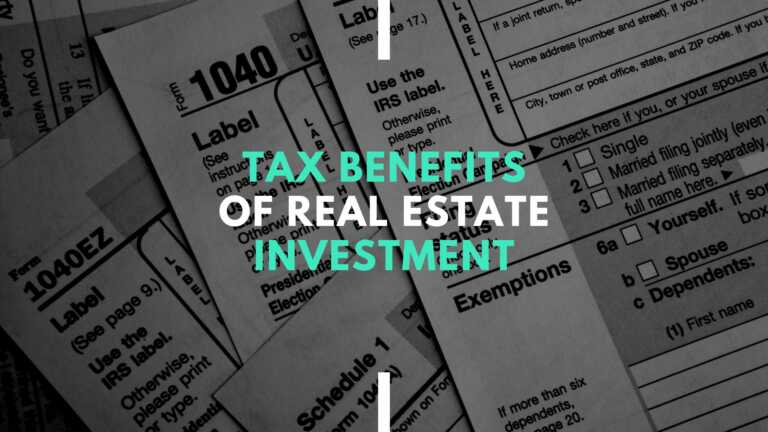How to Screen Tenants Properly
A Comprehensive Guide to How a Landlord Should screen their tenants
As a landlord, knowing how to screen tenants is essential in finding reliable tenants who will stay long-term and pay their rent on time. The landlord screening process involves assessing a prospective tenant’s rental history, credit check, criminal background check, and personal references to make an informed decision about whether or not the person is a good fit for your property. This guide provides a comprehensive overview of the landlord screening process and outlines specific steps landlords should take when evaluating potential tenants.
Assessing Rental History

The first step in knowing how to screen tenants properly is assessing the prospective tenant’s rental history. This includes verifying their current and past employment/income status and checking any previous rental agreements they may have had.
It’s important to note that this step should be done even before obtaining a credit report or running a criminal background check. A thorough assessment of their rental history will give you insight into how reliable they are as tenants and what kind of potential issues could arise.
Conducting a Credit Check

The second step in the landlord screening process is conducting a credit check. This involves analyzing the tenant’s credit score and factoring in any negative marks, such as late payments or unpaid bills.
Credit checks can provide valuable insight into how responsible tenant is in managing their finances. This information can help you determine if they are likely to pay their rent on time and if they have the financial means to do so.
Doing a Criminal Background Check

The third step in the landlord screening process is a criminal background check. A criminal background check can help you determine if there are any red flags regarding the tenant’s character or behavior that could cause problems.
It’s also important to note that certain states have laws prohibiting landlords from denying tenancy based solely on an individual’s criminal record. Be sure to familiarize yourself with your state’s regulations before proceeding with this step in the screening process.
Evaluating Personal References

The fourth and final step in the landlord screening process is evaluating personal references for character and behavior assessment purposes. Finding out about pest problems or frequent maintenance issues with a tenant could prove invaluable.
Personal references can provide valuable insight into how reliable and trustworthy someone might be as a tenant. Hence, it’s essential to consider whether they suit your property. If possible, get references from previous landlords or employers who can attest to their reliability and responsibility as tenants or employees.
We find that current landlords may be ready to get rid of a bad tenant, so they don’t always give reliable feedback. Instead, try to contact previous landlords if possible, as they are more likely to give you an accurate assessment.
Establishing a Quality Relationship

Landlord-tenant relationships are a delicate balance that requires working together in good faith. Conducting due diligence before allowing a tenant to sign a lease can make the difference between an ultimately successful tenancy and one that results in much frustration and lost revenue. However, if performed too critically, the qualification process can leave a sour taste in a tenant’s mouth. Landlords need to be considerate in how they go about the process.
Use a Credible and Reliable Screening Service
While there are many aspects to consider when determining whether someone is a suitable tenant, resources such as a guide on landlord screening from experienced professionals can help landlords maximize their chances of having secure and successful tenancies. To avoid contentiousness or direct conflict with applicants, we recommend hiring out some or all of the process to a 3rd party. A good property management company is ideal, but if you are managing the property yourself, you may want to consider some outside providers.
If landlords plan to screen tenants themselves, we strongly encourage using a 3rdp party software like Turbotenant. Many free options, or services like Zillow, will not be as thorough or provide you with the critical information you need to make the right decision.
TurboTenant is a cloud-based property management software that simplifies the rental process for landlords and property managers. The website offers a range of tools and features to help users with tasks such as listing properties, screening tenants, collecting rent, and managing maintenance requests.
- TurboTenant provides a user-friendly interface that is easy to navigate and use.
- The software offers a comprehensive range of features and tools to help landlords and property managers streamline their rental processes.
- The screening tools and online rental applications help users quickly and easily find reliable and qualified tenants.
- The software's automated rent collection and maintenance request management features save users time and effort.
- Some users may find the pricing structure to be slightly confusing or not as transparent as they would like.
- While TurboTenant offers a range of features, some users may find that it lacks more advanced options that are available from full property management solutions.
- Some users have reported that the customer support offered by TurboTenant is not as responsive or helpful as they would like.
Follow the Law

It is essential to do your own research for the state and city in which you are renting your property. Many laws vary by area and can get you in trouble if not followed properly. Here are some of the everyday things to be aware of that many landlords don’t know.
The Fair Housing Act
The federal Fair Housing Act of 1968 prohibits landlords from discriminating against potential tenants based on race, color, religion, sex, national origin, familial status (a family with children under 18), or disability. This means that landlords cannot deny someone housing based on any of these criteria. The law has several exceptions, including owner-occupied buildings with four or fewer units and single-family homes rented without a broker or real estate agent. Violations of the law can result in large fines or even prison time for repeat offenders.
Credit Reporting Laws
The Fair Credit Reporting Act (FCRA) is a federal law that gives tenants certain rights when landlords investigate their credit. Under FCRA guidelines, tenants must be informed if an adverse action, such as denial of housing, is taken due to the information in a tenant’s credit report. Landlords must also provide copies of tenant credit reports upon request and obtain written permission before obtaining a tenant’s credit report. Penalties for violations include civil damages up to $1 million per violation and criminal penalties for willful noncompliance.
Local Landlord-Tenant Laws and Regulations
In addition to federal laws like the Fair Housing Act and FCRA, local landlord-tenant laws may apply depending on where you live or do business as a landlord. These laws cover topics such as security deposits and eviction procedures and outline the rights, duties, and obligations of tenants and landlords in specific jurisdictions. Landlords must familiarize themselves with these laws to comply with them when renting out their properties. States like California are very different from the rest of the country; this is another reason it is good to use a professional or 3rd party when screening a tenant.








